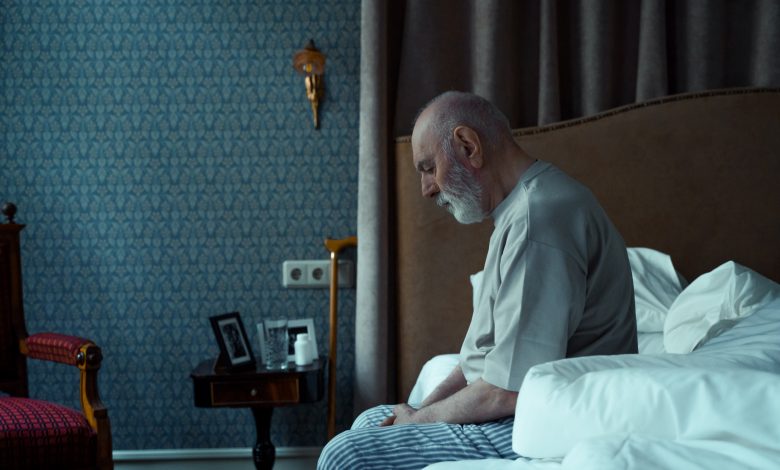Old age and mental well-being


by Jasdeep S Gill
One of the things I get asked about practising in old age psychiatry is whether those 65 years and over (henceforth referred to as older adults) are truly at risk of having psychiatric disorders. This question may stem from the belief that older adults are content with life, seemingly enjoying the light at the end of the tunnel and have no reason to be sad or worried; as if old age was an immunity against mental illnesses. This is a reasonable theory, especially in an era where mental illnesses are often associated with the stress of everyday adult life, from busy work, bullying, the high cost of living and the negative impacts of social media.
On the contrary, however, older adults are as vulnerable as young people in their risk for mental illness, although the stressors in the older adult population tend to be different, including such things as the loss of a spouse or a friend, and this risk is sometimes made worse by the presence of physical ill-health. Just like anyone, at any age, with a functioning heart can develop heart disease, so can the brain, at any age, for many reasons, become deviant from normal functioning; resulting in mood, anxiety and (sometimes) psychotic disorders.
Some mental illnesses are preventable, though not always, by changing the risks that are known to cause these illnesses. For example, in my last opinion piece, I mentioned chronic pain as a cause for depression.
Better pain control can influence mood recovery. Osteoarthritis is associated with depression and so better pain control is associated with an improved mood and motivation to participate in activities. Poor control of hypertension, diabetes and elevated cholesterol may over time cause changes in the brain resulting in late-life depression, a condition less formally known as “vascular depression”. Those with this type of depression may experience difficulties with tasks like planning and decision-making. Hearing loss is associated with social isolation and may cause depression, especially when isolation is associated with loneliness. Severe hearing loss is a risk factor for cognitive impairment, so improving hearing is an important measure to reduce this risk, including that for depression and anxiety.
If one can manage their general health and look after their medical conditions; depression, for example, may be preventable to an extent.
In those with neurodegenerative disorders (pronounced nu-ro-di-ge-ne-ra-tif) like dementia, the emergence of mood, anxiety and other behavioural and psychological symptoms may occur as the brain progressively loses volume and function.
These psychiatric symptoms are often treatable, though not necessarily curable, so mental health treatment should always be sought when symptoms are present. Early identification of behavioural and psychological symptoms and intervention by the General Practitioner (GP), psychiatrist, psychologist or geriatrician will almost always have a better outcome than with no intervention at all.
Intervention is a broad term and includes such things as counselling (eg: grief counselling), formal psychotherapies like Cognitive Behavioural Therapy (CBT), support by the occupational therapist and Social Worker, and the use of medications, where indicated, to target symptoms like insomnia, depression and panic attacks, to name a few.
Usually, those with mild depression or anxiety respond well to psychosocial interventions alone (pronounced sai-ko-so-sial).
I invite you to write to me via the Ipoh Echo or their Ipoh Echo Facebook, with comments or questions. I hope to contribute on a variety of topics related to psychiatry of old age. Importantly, if an older adult you know is struggling with mental ill-health, reach out – asking and listening are very useful tools. Where necessary, an assessment by their GP may be needed.
————
Jasdeep is a consultant psychiatrist who trained in Western Australia. He is currently undertaking subspecialty training in geriatric psychiatry and is passionate about late-life mood and anxiety disorders, including that which arise from Parkinson’s disease, stroke and dementia. Hailing from Ipoh, he hopes to contribute to the community in which he grew up by raising awareness on mental illnesses in older adults and how presentations may differ from younger people, a topic of relevance to a growing population of retirees.


